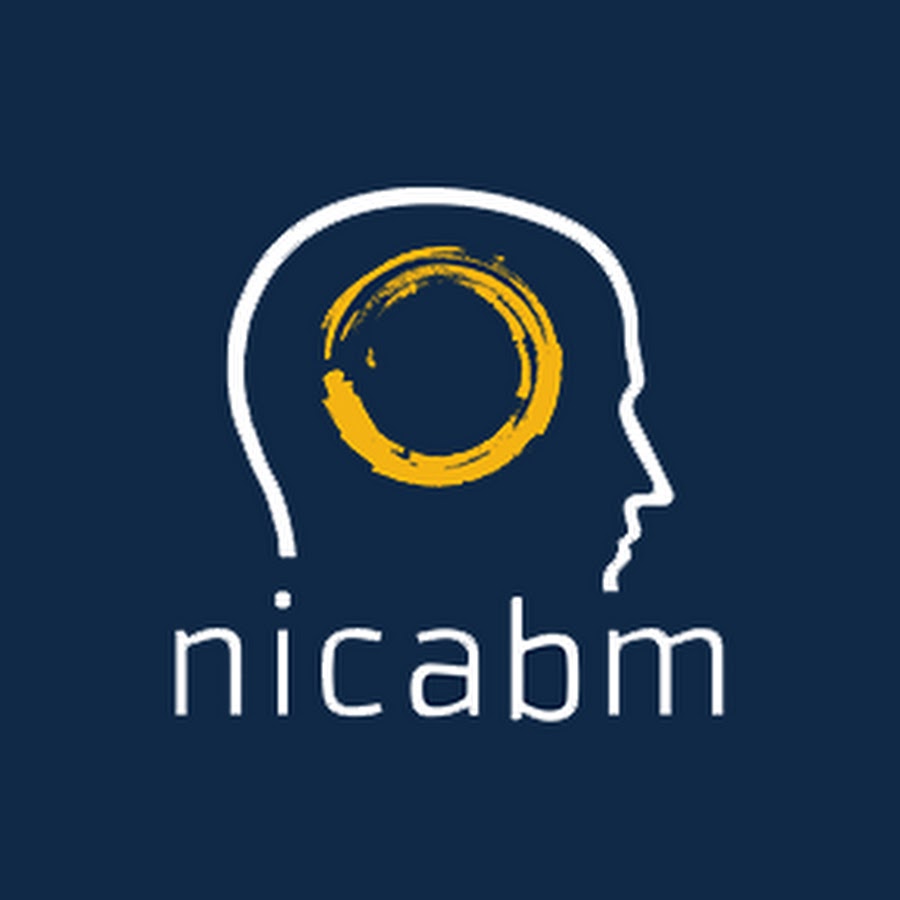
NICABM – Frontiers in the Treatment of Trauma
9 CE/CME Credits or Clock Hours are available for purchase at checkout.
Click HERE to get information about CE/CME credits and clock hours as well as speaker disclosures
This comprehensive training program will help you identify
the best practices – and develop the skills you need
to help clients take back their lives.
While running a consultation group, a therapist came across a difficult case.
“Ray,” a Marine who’d just finished a tour of duty in Afghanistan, had been diagnosed with Tourette’s syndrome. His walking and talking were limited. He felt intolerably stressed. His jaw and neck would tense up and convulse, and he was having difficulty functioning in everyday life.
Now, the curious thing was that it happened so quickly – in mere weeks.

The therapist knew that Tourette’s syndrome doesn’t usually appear overnight, so he looked elsewhere for the answer. The root, he figured out, was a traumatic moment experienced overseas.
While on patrol after a firefight, two explosive devices went off very close to Ray. Suddenly, he was thrown violently into the air . . .
. . . and his next conscious memory was waking up in a hospital in Germany.

The therapist, who was trained in the treatment of trauma, had a hunch. He thought perhaps Ray’s problem was rooted in his body.
When the bomb went off, Ray had turned his head, moved his eyes toward the flash, looking for the source of the threat –
and then was knocked unconscious. His body never had a chance to orient itself to the traumatic event.
So the therapist and Ray worked together on the muscles of the neck, jaw, and shoulders. And after just a few sessions, Ray started to improve.
His convulsions reduced, and eventually disappeared. He developed relaxation techniques to ward off the stress in his body. His speech recovered.
His life changed because his therapist was up on the
latest thinking about the treatment of trauma.
It’s not enough to want to help. You need to be up on the newest developments and the latest thinking on exactly how trauma affects people’s lives and what you can do about it.
By understanding trauma’s impact, what it does to the brain and how it affects the body, we can develop more sophisticated options for bringing wholeness and healing to people who are most affected.
But there’s so much information (with more coming out every day), it can be hard to keep up.

What if you could cut through all the theory and the
thousands of research articles and quickly identify
specific interventions that could help your patients heal?
Imagine boiling the latest developments down to clear, simple principles you could implement after just minutes of study. This program will get you there.
This comprehensive training program will help you
identify the best practices – and develop the skills you
need to make your treatments even more effective.
Each session in this comprehensive training program is designed to get you
up-to-date with the latest thinking in the treatment of trauma, giving you new
perspectives and expanding your toolkit.
Here’s a look at what you’ll get in this program . . .


Getting to the Root of Trauma: Why It’s Critical to Understand the Role of Memory in Trauma Therapy
Peter Levine, PhD
Creator of Somatic Experiencing, Director of The Somatic Experiencing Trauma Institute, author of In An Unspoken Voice: How the Body Releases Trauma and Restores Goodness
- Strategies that Can Help Your Clients Build Resilience Against Traumatic Experiences
- How Trauma Cascades from One Generation to the Next
- Working through the Unintended Consequences of Western Bias in Trauma Therapy
- How to Help Trauma Survivors Revisit Memories without Becoming Stuck in Them
- What Animal Reactions (to Trauma) Can Teach Us About Helping Clients Cope with PTSD
- How Different Types of Memory Can Contribute to the Traumatic Experience
- Reliving and Revisiting: A Useful Strategy that Can Help Your Clients Work Through Trauma with More Stability and Presence


How to Help Patients Rewire a Traumatized Brain – Applying the Latest Strategies to Speed Healing and Reduce Symptoms for Even the Most Traumatized Clients
Bessel van der Kolk, MD
Co-author of Traumatic Stress: The Effects of Overwhelming Experience on Mind, Body, and Society, Medical Director of the Trauma Center at Justice Research Institute, Faculty at Boston University Medical School
- Why PTSD and Developmental Trauma Require Vastly Different Treatment Strategies
- Why Diagnosis Matters: How Misdiagnosed Bipolar Disorder Can Mask Trauma and Lead to the Wrong Intervention
- Neglect and Trauma: Unique Problems that Often Go Hand in Hand
- Why Blocking the Dopamine System Knocks Out Children’s Capacity to Engage and Be Motivated
- Why Childhood Trauma is More Complex Than We Think
- How PTSD Affects a Parent’s Ability to Respond to Their Own Children
- Mindfulness: The Sine Qua Non of Psychotherapy
- Integrating Yoga and Meditation During Trauma Treatment


Why a Body-Oriented Approach Is Key for Treating Traumatized Patients (and What It Looks Like in Practice)
Pat Ogden, PhD
Author of Trauma and the Body, Founder & Director of The Sensorimotor Psychotherapy Institut
- Uncovering Root Causes – The Long-Term Effects of Attachment Issues
- The Big Things We Miss When We Forget the Body
- Work in the Now: Why the Present is So Important
- How Trauma Sounds: Interpreting Prosody
- How to Capture Fleeting Bodily Expressions
- How Interoceptive Awareness Becomes Compromised and Why this Matters
- Building the Resources that Stabilize Arousal/li>

Beyond the Brain: Using Polyvagal Theory to Help Patients “Reset” the Nervous System after Trauma
Stephen Porges, PhD
Author of The Polyvagal Theory, Professor at University of Illinois at Chicago
- Why the Face is the Window to Our Internal State
- What Makes the Human Vagus Unique?
- How Our Nervous System Reacts to Another Person’s Voice
- The Important Physiological Component of Intuition
- How Our Personal Narratives Originate in Our Bodies
- How Trauma Changes Our Ability to Adapt to the World
- Why Educating Clients Creates the Ability to Transform the Brain


The Power of EMDR to Treat Trauma: Identifying, Reprocessing, and Integrating Traumatic Memories
Francine Shapiro, PhD
Originator of EMDR therapy, Director of the EMDR Institute, Author of Getting Past Your Past: Take Control of Your Life with Self-Help Techniques from EMDR Therapy.
- How Clients Get “Stuck” in Traumatic Memories
- Why EMDR is Different
- The Surprising Link Between Sleep and Trauma Treatment
- Bilateral Stimulation: The Key to Finding Refuge
- Creating Safety in Practice
- Why PTSD is Complicated by Feelings of Failure
- Transforming Trauma to Resilience
- Important Outcomes with Sexual Perpetrators
- How Chronic Pain Can Be Caused by Unprocessed Memories


The Neurobiology of Trauma – What Is Happening in the Brain of Someone With Unresolved Trauma
Ruth Lanius, MD, PhD
Co-Editor of The Impact of Early Life Trauma on Health and Disease, Faculty at University of Western Ontario
- Why Insecure Attachment Can Increase Vulnerability to Trauma
- The Effect of Early-Life Trauma on the Brain’s Default Mode Network
- The Neurobiology of Parent/Child Interactions: A Look at Emerging Research
- Bringing the Default Mode Network Back Online: Why Mindfulness Can Be Key
- Creating Safety in Practice
- A New Look at the Link Between Trauma and Direct Eye Contact
- The Neurobiology of Dissociation: What We’ve Learned in the Past Year
- The Inability to Process Pleasure: Finding Answers to Anhedonia
- How Trauma Reduces Our Capacity for Insight and Self Reflection
Instant Access Available
Downloadable Content
Get Instant Download NICABM – Frontiers in the Treatment of Trauma at Offimc.click Now!
Salepage : NICABM – Frontiers in the Treatment of Trauma
Archive: https://archive.fo/AtfDQ
Delivery Information
- Upon ordering the product, a delivery email with download instructions will be sent immediately to you so that you may download your files. If you log in (or create an account) prior to purchase you will also be able to access your downloads from your account dashboard.
- It is a digital download, so please download the order items and save them to your hard drive. In case the link is broken for any reason, please contact us and we will resend the new download link to you.
- If you don't receive the download link, please don’t worry about that. We will update and notify you as soon as possible from 8:00 AM – 8:00 PM (UTC+8).
- Please Contact Us if there are any further questions or concerns you may have. We are always happy to assist!



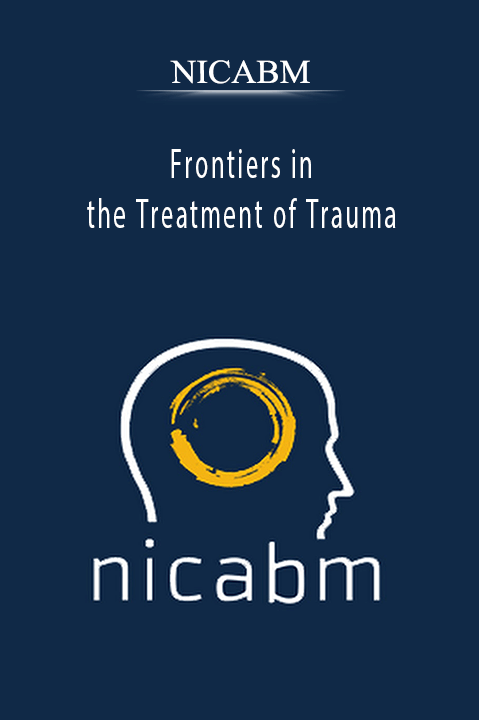

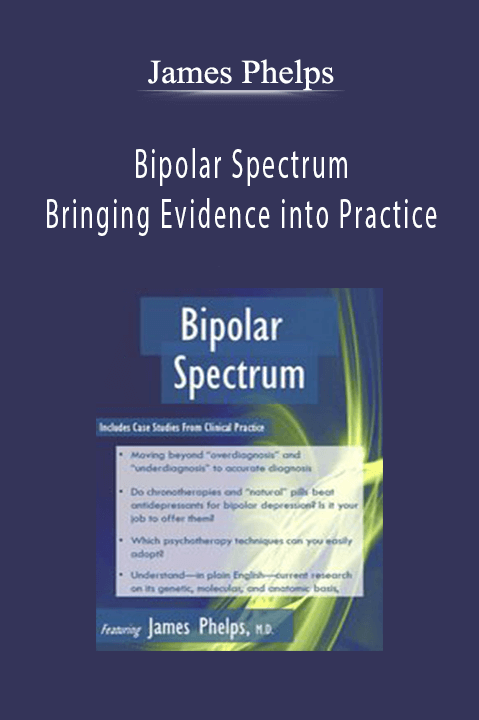


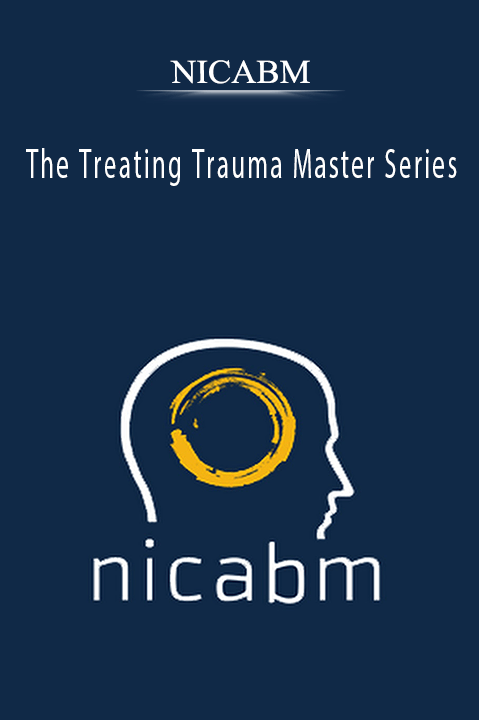
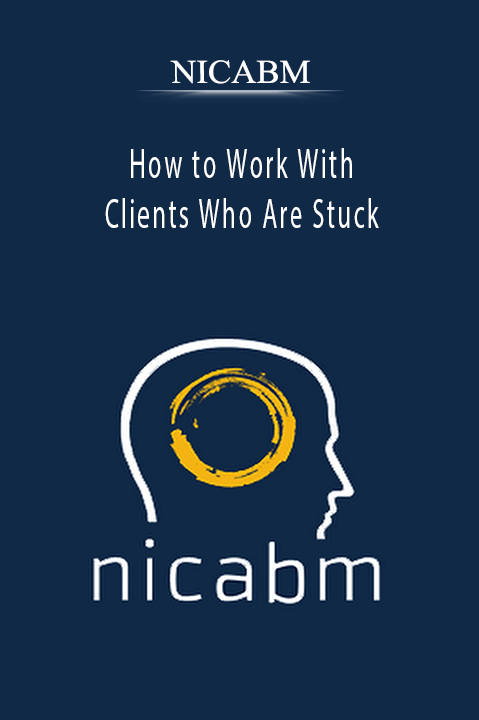
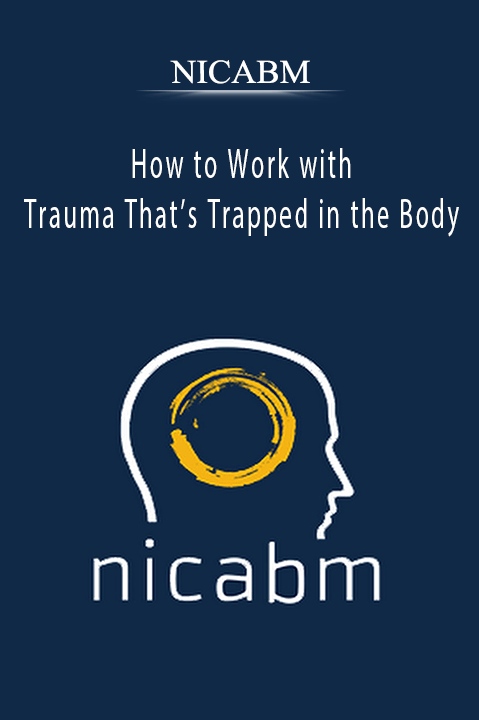
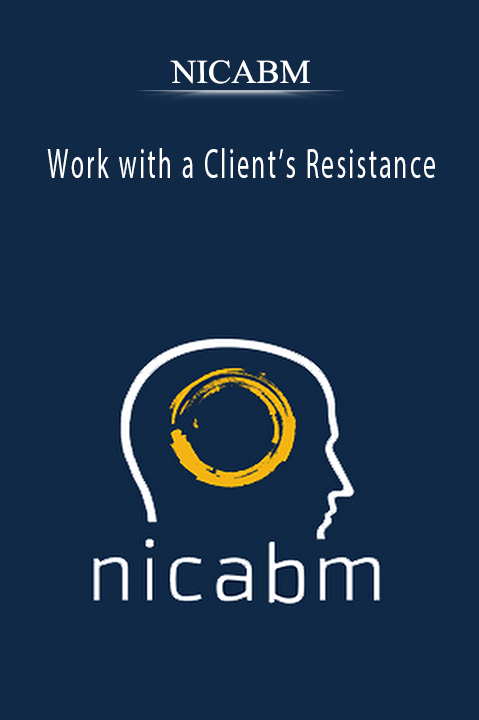
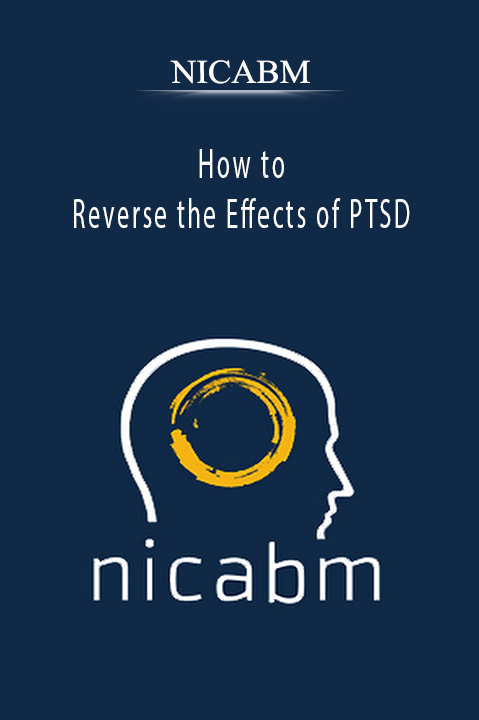
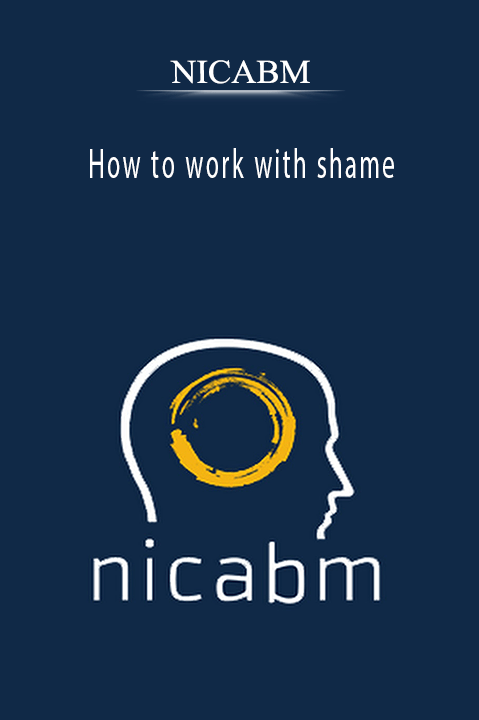
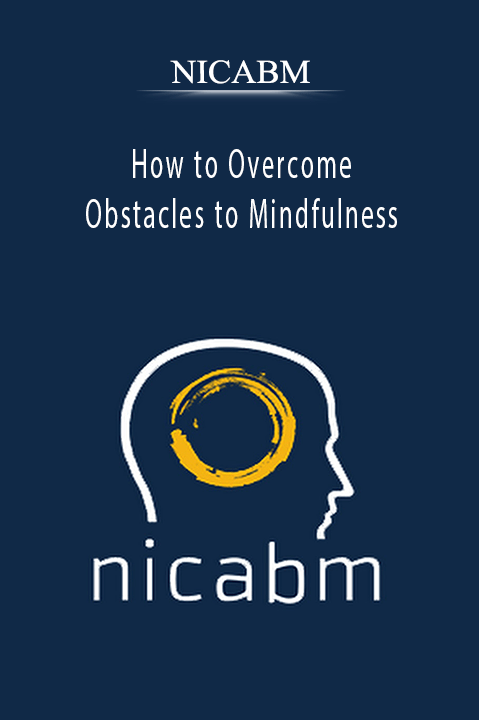
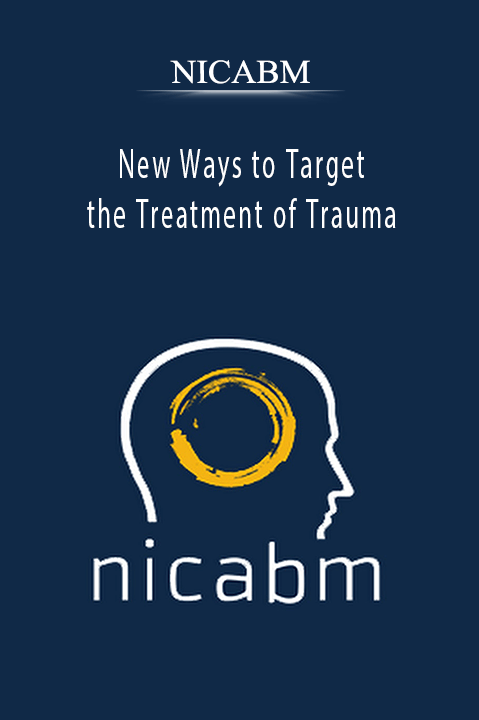
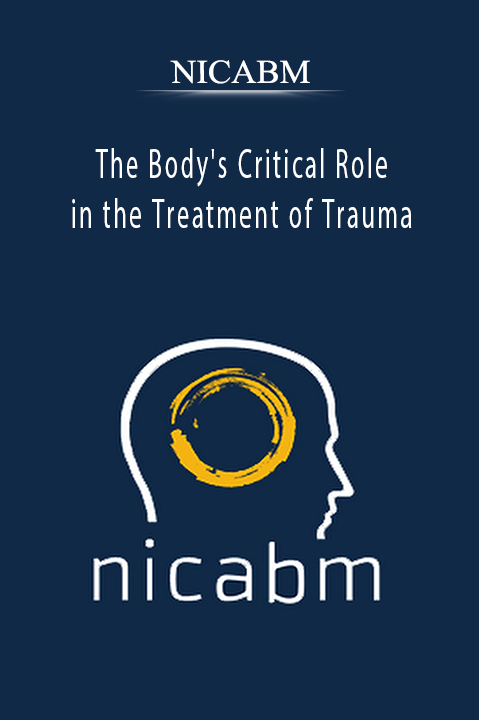
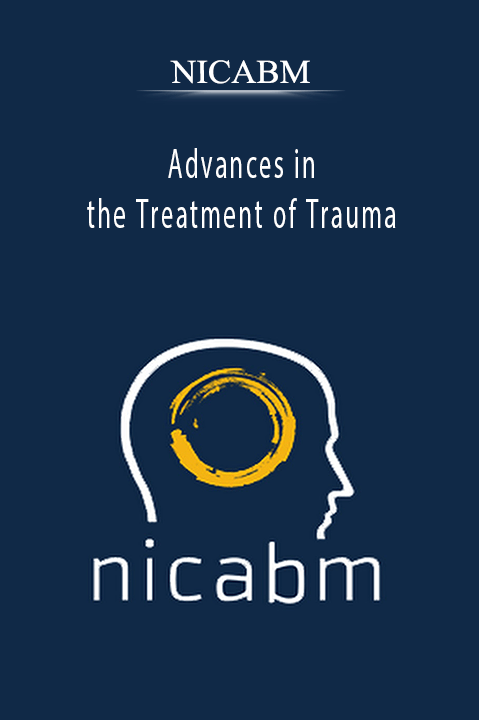
7 reviews for Frontiers in the Treatment of Trauma – NICABM
There are no reviews yet.